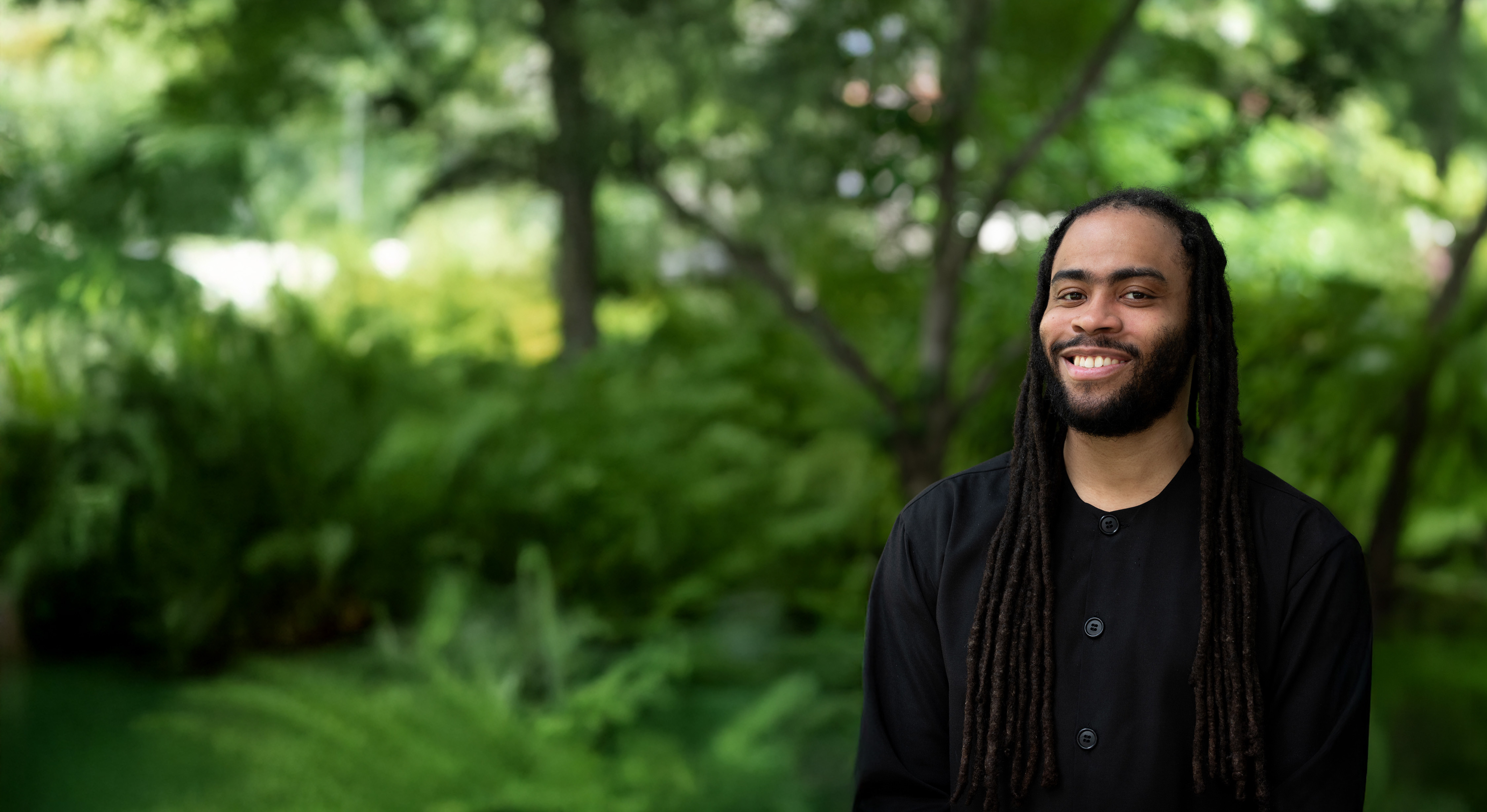
Faculty Spotlight Zamir Ben-Dan
Advocating for racial justice, in the classroom and in the courtroom
Zamir Ben-Dan
Assistant Professor of Law
By Suzi Morales
Assistant Professor of Law Zamir Ben-Dan has worn many hats in his legal career, but he says there is a common thread in each role.
“I’ve always looked to advance racial justice in everything that I’ve done, be it my legal practice or be it the articles that I wrote before I got to Temple,” Ben-Dan says. “There was always a focus on the role that race plays in legal outcomes.”
At Temple University Beasley School of Law, Ben-Dan teaches courses on race and the law, criminal law, and criminal procedure. His scholarship focuses on issues at the intersection of race, criminal law, and Constitutional law.
An empathetic defender
Before transitioning to academia, Ben-Dan observed first-hand how these factors often play out in the criminal justice system.
After graduating from the City University of New York School of Law, Ben-Dan began his legal career as a public defender with the New York Legal Aid Society. He was drawn to public defense because,
“I liked the idea of representing people. I thought that given how unjust the criminal judicial system is, that’s the better role for me to have if I want to try and make a positive difference.”
Zamir Ben-Dan
As a public defender, Ben-Dan placed a high value on empathizing with clients going through the often-frustrating criminal justice system. “Speaking to the injustice and recognizing that there is injustice can earn respect from a client,” he says. He also believed in respecting client autonomy. “Remember that the client is a human being,” he says. “If you’re doing public defense of adults, remember that the majority of them are fully functioning adults, and they have to live with whatever the consequence of the case is. … Allow them to decide what they’re going to do with their case.”
After four years of direct public defense representation, Ben-Dan moved to the Legal Aid Community Justice Unit, where he provided wrap-around legal services to Cure Violence organizations, entities dedicated to reducing violence, particularly among young people.
While he was at Legal Aid, Ben-Dan co-founded the Black Attorneys of Legal Aid (BALA) to address the treatment of Black Legal Aid attorneys. The organization also spoke to racial issues outside of Legal Aid in the broader community. It has signed on to amicus briefs and worked with other institutions where Black attorneys were interested in organizing.
A scholarly look at race and the Constitution
Around the same time, Ben-Dan began teaching, first as an adjunct professor at Baruch College, where he taught a course on the evolution and expression of race. Later, he taught in the fulltime Lawyering Seminar program at CUNY Law, eventually becoming the program’s interim director.
Ben-Dan’s current scholarship focuses on two broad subject matters: race and the U.S. Constitution, and race and criminal law. . For example, Ben-Dan recently published a critique of
Justice Clarence Thomas’ concurring opinion in Students for Fair Admissions, Inc. v. President and Fellows of Harvard College, which found affirmative action practices at Harvard and the University of North Carolina unconstitutional. Ben-Dan’s article took issue with Thomas’ invocation of an originalist history of the “colorblind Constitution,” which he argues is not supported by the text or history of the Constitution and Fourteenth Amendment.
Currently, Ben-Dan is working on a series of articles on what he calls the “pro-defense Constitution.” He takes the position that the Constitution was originally meant to protect people charged with crimes. “It was designed to make the government’s job hard,” he says. “But in these days and times, it seems that the opposite is true. The administration of criminal law is decidedly anti-defense and pro-prosecution.” Subsequent articles will make policy suggestions for more robust public defense.
Through his scholarship and teaching, he encourages readers and students to take a critical look at why the criminal justice system is the way it is. As with his days as a public defender, he is advocating for a positive difference.
